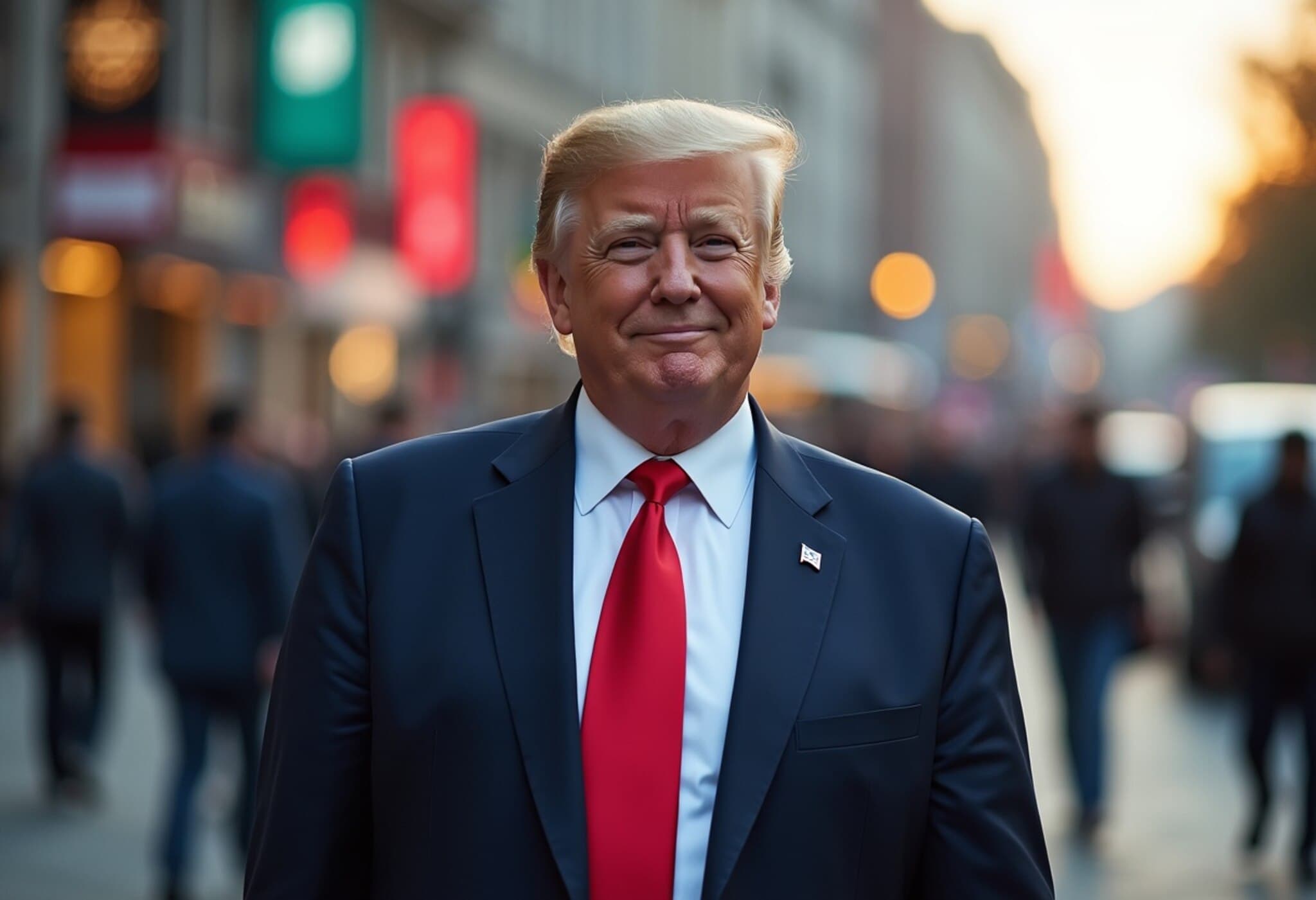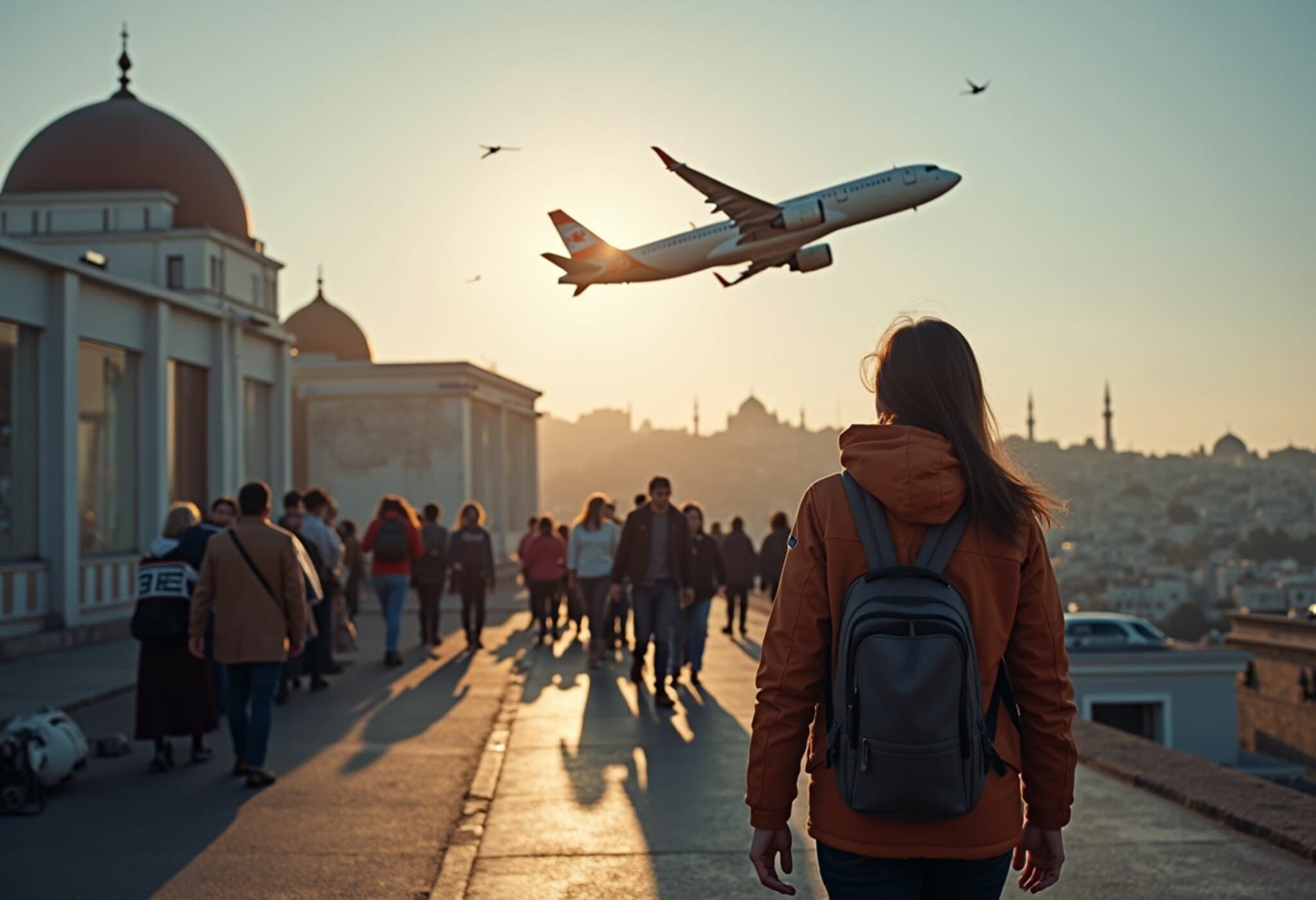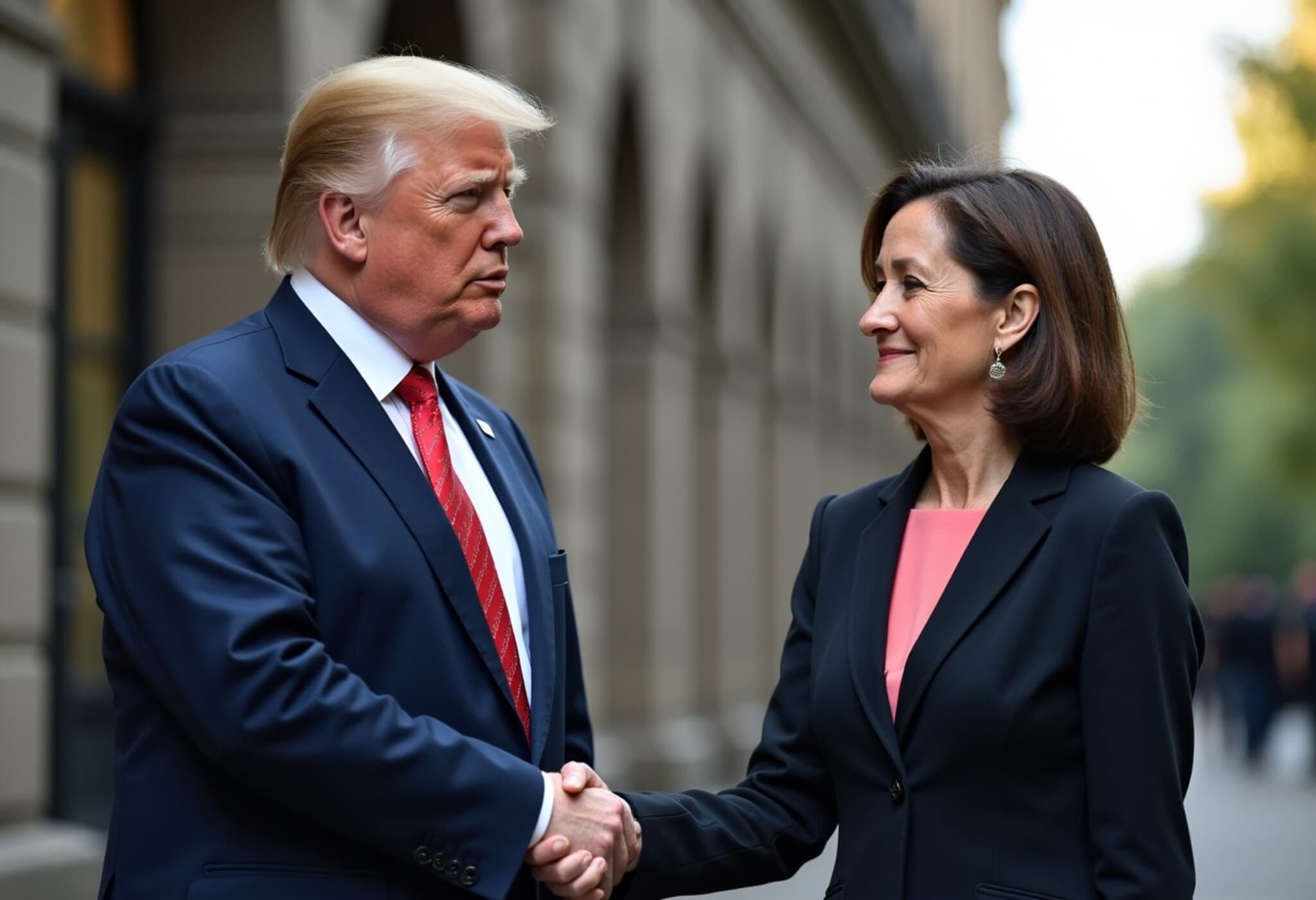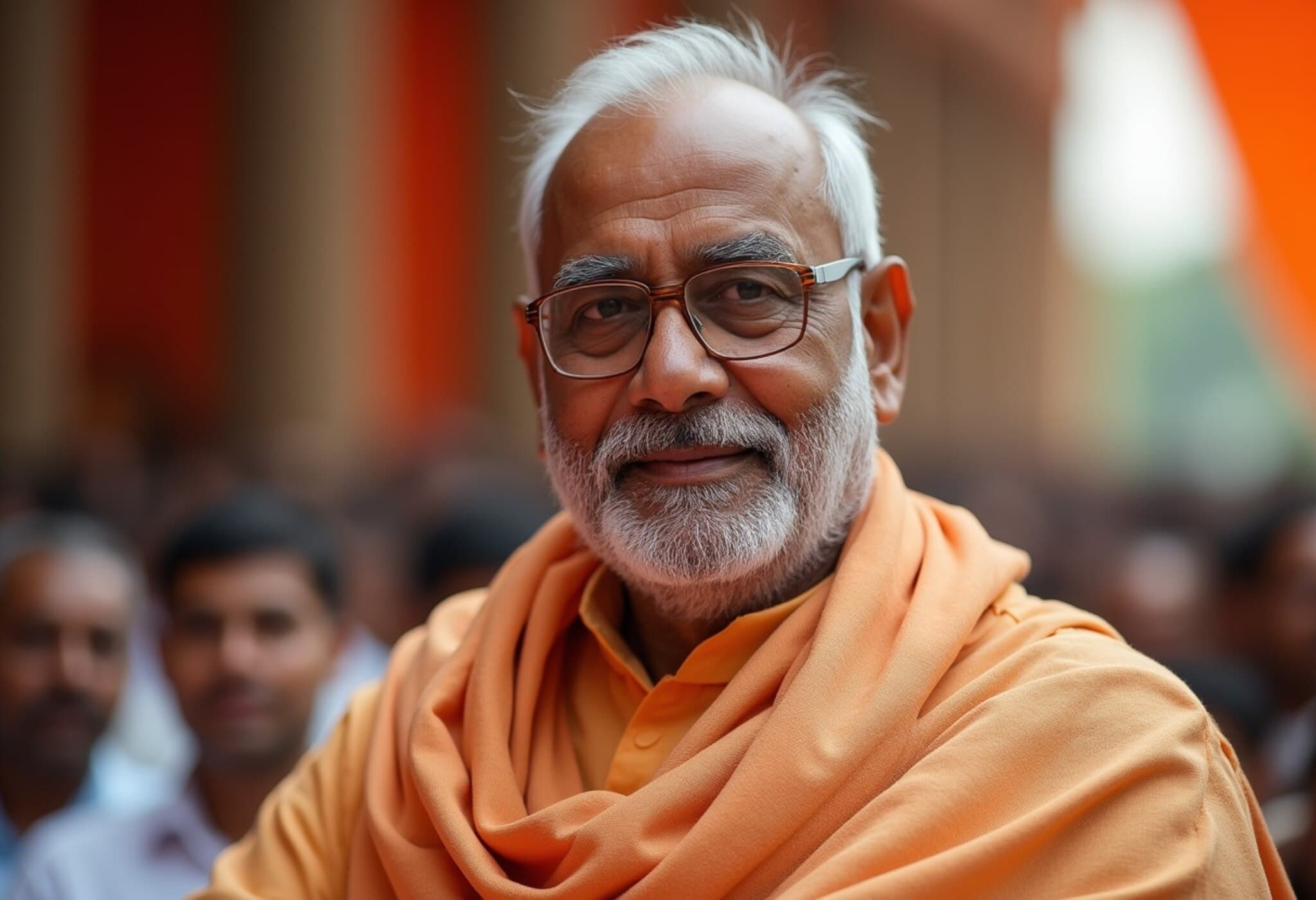How Language Shapes Perceptions for American Travelers Abroad
Travel, at its heart, is an immersive experience—a chance to connect with new cultures, broaden perspectives, and foster mutual respect. However, even seasoned travelers can unintentionally step on cultural toes, especially through choice of words. I’ve journeyed across 70 countries and nearly every U.S. state, and over the years, I’ve witnessed how certain common phrases uttered by Americans can inadvertently paint us in an unfavorable light.
From colonial undertones embedded in everyday vocabulary to subtle displays of cultural insensitivity, the way we speak while abroad carries weight. Here, I share seven phrases I deliberately avoid—phrases that often label Americans as ignorant or entitled, and that can blunt the genuine connections travel promises.
1. “What’s the price in dollars?”
Picture this: an American tourist flaunts U.S. dollars in a bustling foreign marketplace, asking the vendor for prices in dollars or "real money." This scenario plays out more often than you’d think, much to the bemusement—sometimes offense—of locals. The U.S. dollar, while influential, isn’t the default global currency, and assuming it is can come across as clueless and self-centered.
Pro Tip: Before you travel, familiarize yourself with the local currency and keep a currency converter app handy. It not only shows respect but enriches your engagement with local vendors.
2. “Everything is so cheap here.”
At first glance, calling a place "cheap" might seem like a compliment or a pleasant surprise for your wallet. But beneath that remark often lurks a complicated reality—many countries have lower prices not merely due to currency differences but because of deep-rooted economic inequalities, exploitation, or historical injustices. Announcing this can come off as insensitive and privileged.
When appreciating affordable travel destinations, consider the broader socio-economic context to avoid inadvertent disrespect.
3. “What state are you from?”
In the U.S., asking "Which state are you from?" feels natural. But internationally, this can backfire. Canada has provinces, and countries like Singapore or Monaco are city-states without subdivisions. This question can signal a lack of research or appreciation for local governance and identity.
Cultural Insight: Taking a moment to learn the political geography of your destination talks volumes about your respect for the people you meet.
4. “Where’s Starbucks?”
Chasing global chains abroad, such as Starbucks, often means bypassing a wealth of authentic local experiences. Imagine missing out on a creamy Greek coffee in Athens or the rich aromas of a Mexican café just because you sought the familiar.
While convenience has its place—as I once chose Starbucks in Mexico City for a cold brew during a sweltering day—embracing local businesses helps support communities and deepens your travel experience.
5. “Your English is very good.”
This phrase may seem like a compliment, but it can imply surprise or condescension. English is a global language spoken fluently across diverse countries including Canada, India, Singapore, and many African nations. Many non-native speakers have mastered English through education or daily life.
Reflective Note: Instead of focusing on how well someone speaks English, engage genuinely. Your respect will be more meaningful and appreciated.
6. “[X country] is a third-world country.”
The term "third-world" is outdated and laden with negative connotations, unfairly stigmatizing entire nations. As travelers and global citizens, choosing terminology like "developing country" better captures economic complexities without judgment.
Words matter in shaping narratives—we owe it to ourselves and others to adopt language that fosters dignity and understanding.
7. “This isn’t how we do it back home.”
Travel challenges us to embrace new customs, from dining etiquette to social norms. I recall a Michelin-star dinner where a fellow American disrupted the carefully curated tasting menu, demanding a green salad "like back home." The discomfort this caused the staff was palpable, and it diluted the richness of the experience for everyone.
The standout moments in travel come from openness, not comparison.
Final Thoughts: Travel with Empathy and Curiosity
Travel is much more than sightseeing—it’s an invitation to see the world through another’s eyes. By being mindful of language and attitude, American travelers can shed unhelpful stereotypes and become ambassadors of respectful global citizenship. Avoiding these seven phrases fosters connection, builds bridges, and makes your journey more rewarding.
About the Author
Meena Thiruvengadam is an accomplished travel writer and editorial consultant based in Chicago, with extensive expertise covering 70 countries and numerous U.S. states. Founder of a well-regarded travel site, she contributes to Travel+Leisure, Condé Nast Traveler, The Wall Street Journal, and Lonely Planet. Her background in editorial roles at Yahoo Finance, Bloomberg, and Business Insider informs her nuanced approach to travel narratives and cultural literacy.
Editor’s Note
While travel language etiquette may seem like a small detail, it profoundly affects cross-cultural encounters. Readers are encouraged to reflect not only on what they say abroad but also on the underlying assumptions behind their words. How might adopting more thoughtful language transform your next journey? And how can travel, at its best, be a catalyst for empathy instead of division?













